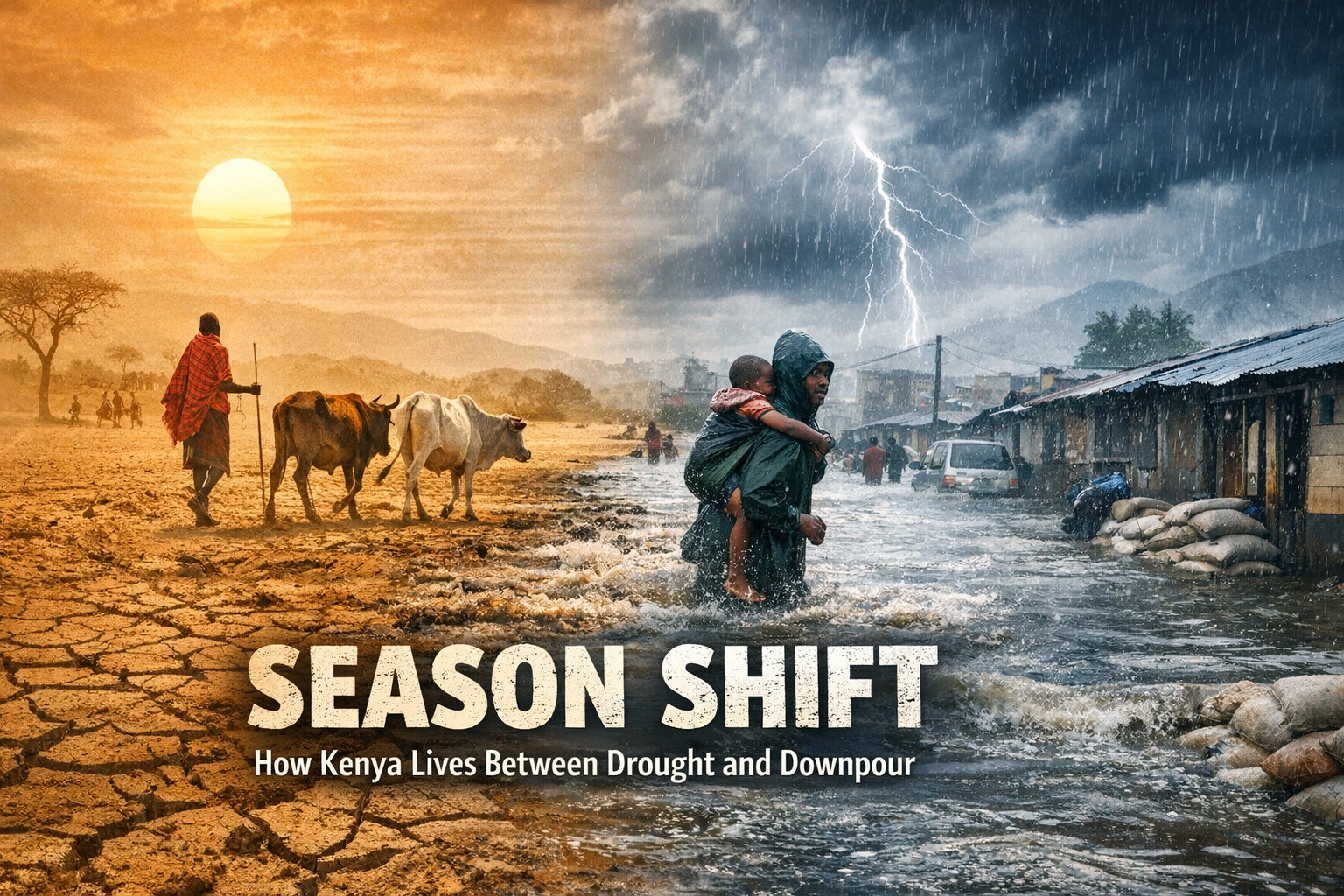- Nitrogen is important in human life, plants, and the Earth's atmosphere. It forms the foundation of protein in the human body. It improves fertility in the soil, thus nourishing the plants. Additionally, it gives the sky its azure hue.
- Despite the above-mentioned benefits, too much nitrogen production is harmful to the environment in its reactive form. Synthetic fertilizers, water discharge, and fossil fuel combustion are the main factors contributing to the environment's excess nitrogen.
- The excess nitrogen produced in this way becomes hazardous to the soil, water and land.
UNEP Calls for Global Action to Tackle Excess Nitrogen Waste by 2030
12 Aug, 2024 11:38 AM

Nitrogen is important in human life, plants, and the Earth's atmosphere. It forms the foundation of protein in the human body. It improves fertility in the soil, thus nourishing the plants. Additionally, it gives the sky its azure hue.
Despite the above-mentioned benefits, too much nitrogen production is harmful to the environment in its reactive form. Synthetic fertilizers, water discharge, and fossil fuel combustion are the main factors contributing to the environment's excess nitrogen.
The excess nitrogen produced in this way becomes hazardous to the soil, water and land.
The United Nations Environment Programme (UNEP) published a statement on its website on Jan 16, 2023, by Leticia Carvalho, the Principal Coordinator of the Marine and Freshwater Branch at UNEP. The statement stated that the whole world needs to be vigilant about the issue of nitrogen waste.
"Nitrogen is a primary nutrient essential for the survival of all living organisms on Earth. But the world needs to wake up to the issues of nitrogen waste and the opportunities to take joint action for its sustainable use," she said.
The publication also outlined the four main reasons why humanity should be sane about nitrogen waste.
The reasons depict nitrogen as the crucial contributor to climate change, a cause of disturbance to life both on land and water, a threat to human health and taxes too much on the economy in that it costs the economy about US$3.4 trillion per year to alleviate its impacts on human health and the ecosystems.
Due to these disastrous effects, the UNEP has, in its X-space, called on all countries to unitedly adopt measures geared towards reducing nitrogen waste by 2030.
@UNEP
Countries must increase their joint efforts to reduce nitrogen waste by 2030, from addressing the sources of nitrogen pollution to adopting a strategy to manage nitrogen at every step of its cycle.
Leave a comment
No comments yet. Be the first to share your thoughts!
Connect with Us
Trending Stories
Latest Stories

3 weeks ago
Electric Shift: What Kenyans Should Know Now





